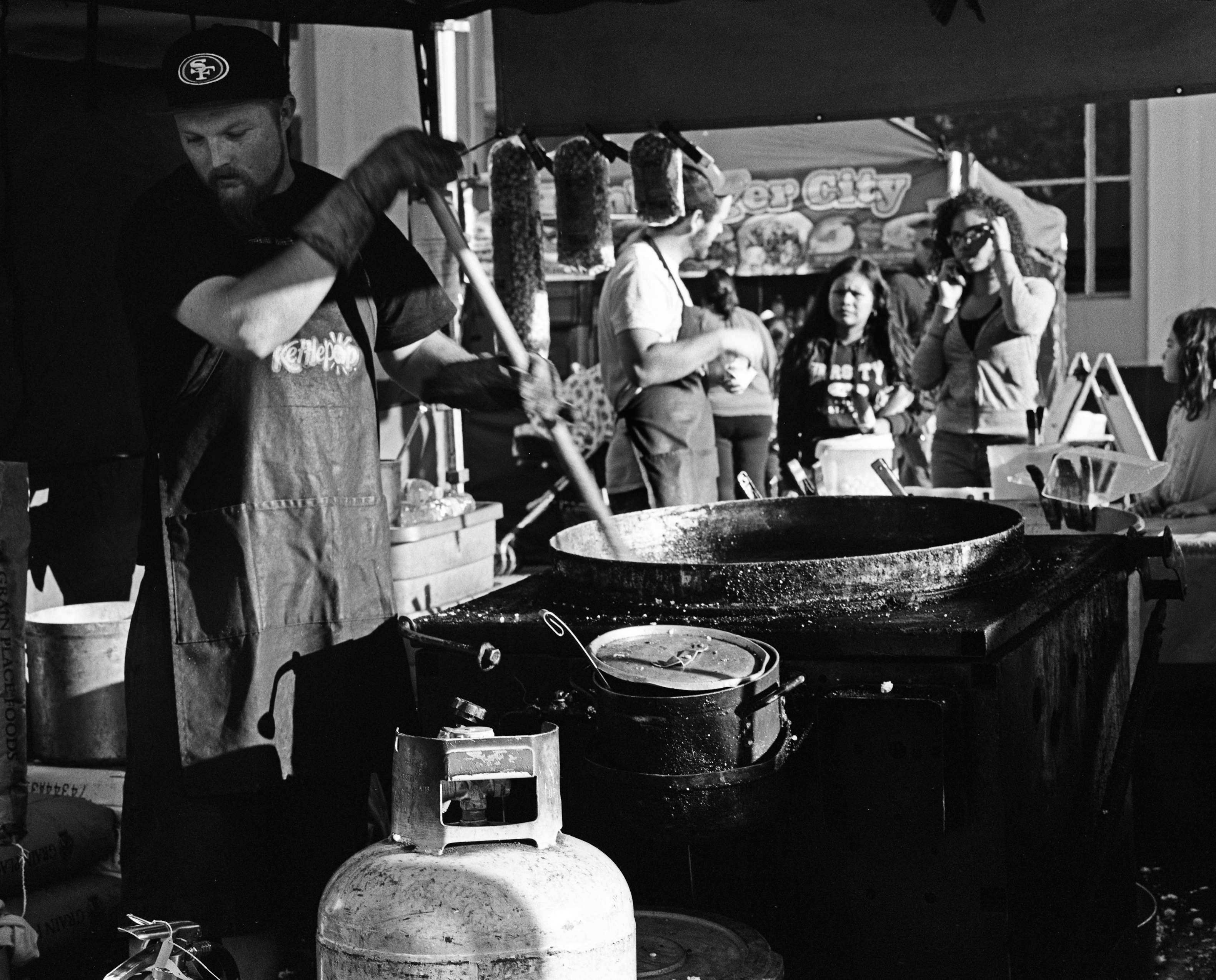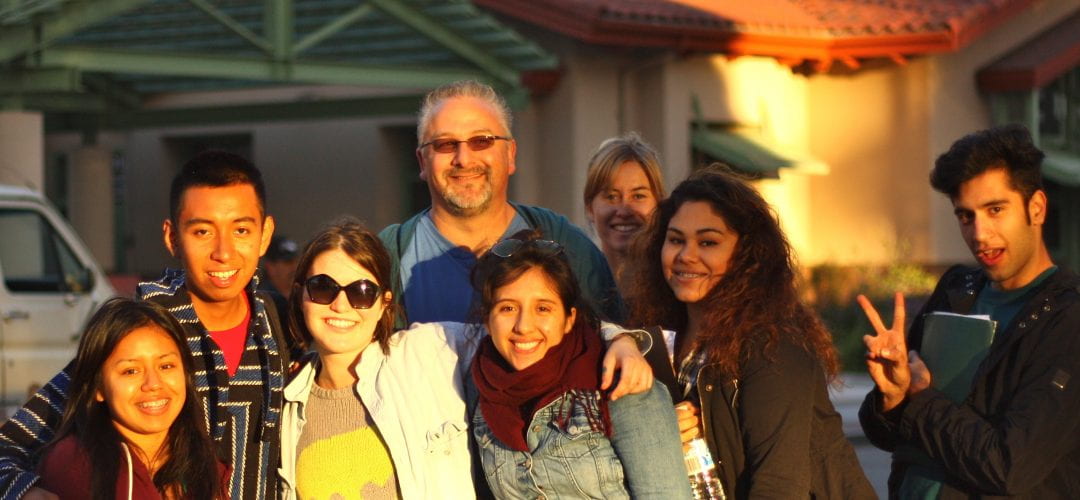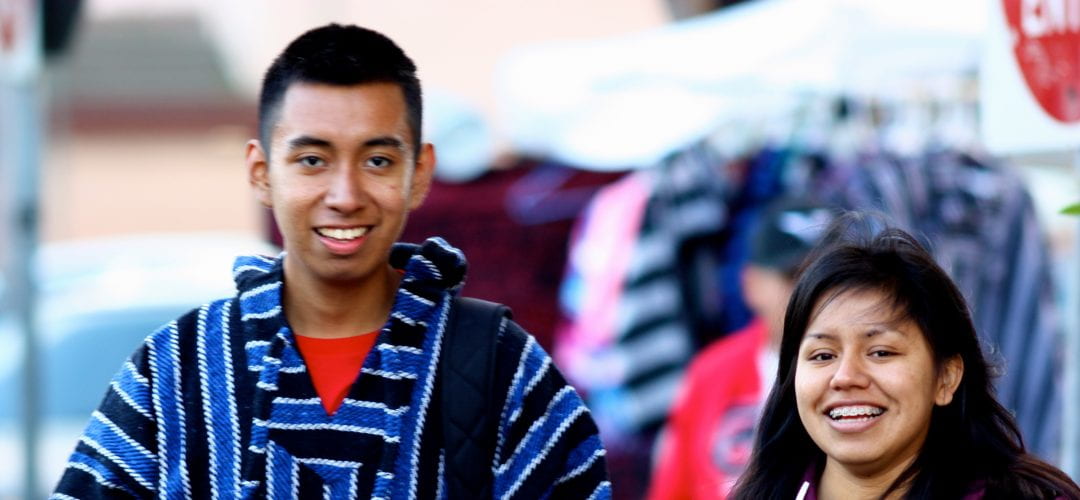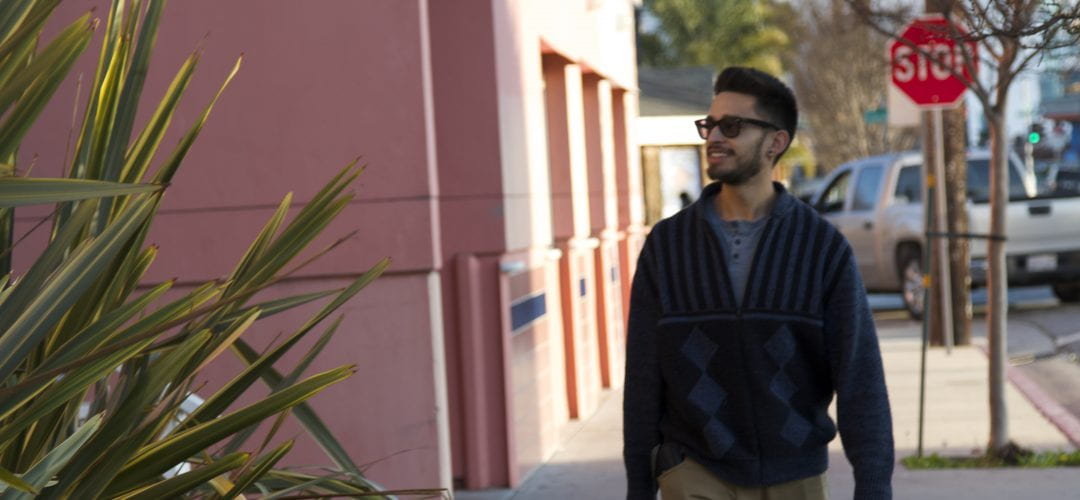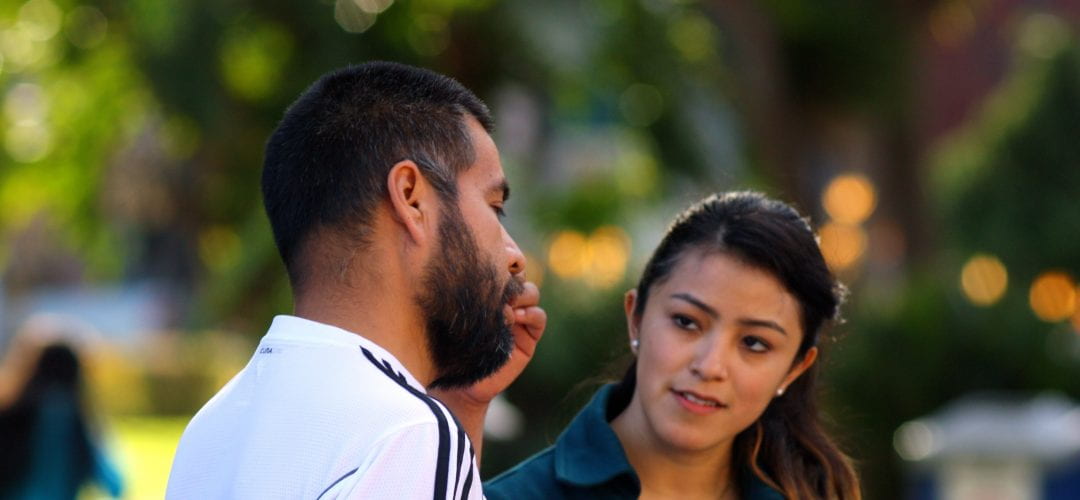About The Project
The project is a collaboration between the UCSC Center for Labor Studies (CLS), California Rural Legal Assistance (CRLA), and the Chicano Latino Research Center (CLRC). The project emerged when CRLA – which provides free legal services to the community - noticed a shift of county workers from agriculture into low-wage services but found no reliable data on the trend and nothing on the experiences of workers. The Center for Labor Studies proposed conducting a “census of the invisible” – or a survey of low-wage workers across the county about work and workplace issues. CLS, along with the CLRC then organized a research apprenticeship course in January 2014 to train 20 undergraduates – many native Spanish speakers - to carry out both surveys and open-ended interviews.
Following the successful apprenticeship course, 3 more field research courses were organized (in Sociology and Latin American and Latino Studies) in Spring and Summer 2014 and Winter 2015 to train more students and involve them in every aspect of the project, from background research, to data management and analysis, to visual documentation, to website development.
In all, over 100 undergraduates participated in the study. With a grant from the University of California Humanities Research Institute, the project was extended to include a “public humanities” component – this Working for Dignity website – that showcases the survey data, the narratives and images of low wage workers, and provides resources for community members, organizations, scholars and policy makers interested in the issues facing low wage workers.
Purpose of This Project
We aim to collect baseline data on workers and working conditions in the low-wage sectors in Santa Cruz County (primarily Santa Cruz and Watsonville); conduct outreach to low-wage workers about available services and worker rights; and build a digital, interactive archive to allow low-wage workers to share their stories of work and dignity.
Project Partners
Center for Labor Studies
The Center for Labor Studies at UC Santa Cruz, founded in 2007, is dedicated to the study of working people, the labor movement, and the challenge of the broader global economy as it impacts the working people of California and beyond. Through conferences, workshops, public lectures, and a range of guest speakers, we focus, in particular, on the relationship between the labor movement (broadly defined), social movements, and democratic practices; on gender, race, and ethnic dynamics; and on labor activism in international context. We also address a wide spectrum of questions related to the nature of work, employment, and working people’s lives in the U.S. and beyond. Our goal is to serve UCSC students, staff, and faculty while reaching out to the broader community of the Central Coast of California and beyond. Visit Site
Everett Program
The Everett Program is a highly innovative, student-managed program that deploys the tools of information-communication technology (ICT) and social entrepreneurship (SE) to advance social justice, sustainable practices and progressive institutional change at the global and local levels. Since 1998, the Everett Fellows have mentored and funded hundreds of info-savvy social entrepreneurs from UC Santa Cruz to design, implement and manage collaborative projects with civil society, community and non-profit groups. Practically, the Everett Program empowers students to focus their passion for social change by teaching them how to research, plan, design, fund, and implement ICT-driven projects in partnership with excluded communities. Everett-sponsored students have worked with Muslim feminists in Malaysia, coffee farmer co-ops in Central America, democracy advocating NGOs in Ghana and aspiring high school students in Watsonville. Visit Site
California Rural Legal Assistance
CRLA has been providing free legal services since 1966. The free legal services include litigation, outreach and legal education in the following areas: housing, labor and employment, education, rural health, and leadership development. In addition to traditional legal representation, CRLA has created a series of special programs and initiatives designed to address widespread issues facing our diverse client community. CRLA’s special programs include: Community Equity Initiative, Indigenous Program, LGBT Program, Lending Discrimination Project, Rural Education Equity Program, and Rural Health Disparities Program. CRLA’s special initiatives focus on providing education and training to prevent sexual harassment in the workplace, alleviating heat stress in the fields, and supporting survivors of sexual assault. Visit Site
Day Worker Center of Santa Cruz County
The mission of the Day Worker Center in Santa Cruz County is to facilitate the hiring of day workers, both men and women; and to guarantee them dignified wages and safe working conditions in accordance with U.S. and California law. Additionally, the Center offers a variety of supportive services and training opportunities to its members to enrich their skill sets with the goal of providing quality services to the community. Visit Site
Co-Principle Investigators
- Steve McKay, Associate Professor of Sociology & Director, Center for Labor Studies
- Catherine Ramirez, Associate Professor of Sociology & Director, Chicano Latino Research Center
- Shannon Gleeson, Associate Professor of Latin American and Latino Studies
Graduate Student Coordinators
- Alina Ivette Fernandez, Latin American and Latino Studies
- Ruben Espinoza, Sociology
- Kati Barahona-Lopez, Sociology
Website Development
- Thomas Gelder, Everett Program
- Katie Roper, Everett Program
Undergraduate Project Teams
Website Content
- Christine Ongjoco, Sociology
- Tonje Switzer, Sociology
Data Management and Analysis
- Steven Carmona Mora, Sociology
- Tessa McWalters, Community Studies
- Roxanna Utpadel, Environmental Studies
- Nora Doyle, Sociology
Surveys
- Maria Carmen Renya, Psychology
- Ryan Shook, Sociology
Interviews and Transcription/Translation
- Esteben Adame, Sociology
- Jessica Aguilar, Sociology
- Denise Alejandre, Sociology
- Lizeth Vizcaya, Sociology
Demographic and Industrial Profiles
- Theodora Alexander, Sociology
- Miguel Hernandez, Sociology
- Rachel Rico, Latin American and Latino Studies
- Amber Parker, Sociology
Visual Documentation
- Edward Ramirez, Sociology
- Natalie Alas, Sociology
- Cristine Petersen, Sociology
